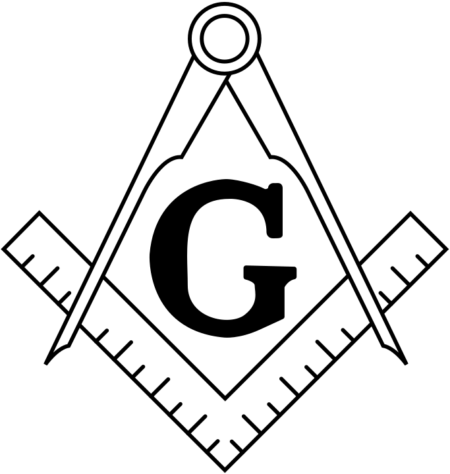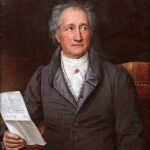What is Freemasonry?
Freemasonry has its origins in the Middle Ages, it evolved from the guilds of stonemasons and cathedral builders. Later, as these professions were less popular, they started to accept honorary members without connection to the original vocation. From the 17th century symbolism, ancient religious and chivalric brotherhood rituals were introduced. It was the first international organization whose agenda was not political or economic. The movement had its ideals in harmony with the Enlightenment, such as morality, tolerance, and brotherhood.
Its fast worldwide presence is the ‘byproduct’ of the advancement of the British Empire. Even today, it is most popular on the British Isles and on territories (or ex territories) connected to the Empire. It is estimated that the worldwide membership of Freemasonry is between 2 and 6 million members.
Freemasonry, from the start, is opposed by organized religion, especially the Roman Catholic Church. It has been the target of conspiracy theories, which assert Freemasonry to be an occult and evil organization. The Catholic dogma cannot be reconciled with the Masonry’s rationalism and naturalism, and the Protestant objections are based on allegations of mysticism and occultism (Satanism). In World War II Nazis persecuted and killed the Freemasons, the number of victims can be as high as 200 000.
Freemasonry is not a religious organization, however new members are accepted only, if they believe in a Supreme Being. The Freemasons have their own teachings, like the obedience to the local laws, morality and charity, the immortality of the soul. Membership is accessible to adult men, however, in some places like France, females are also accepted. Freemasons are divided into three major degrees: apprentice, fellow of the craft, and master mason. The basic, local unit of the organization is called Lodge.
The raise of the Freemasons is also connected to the Enlightenment, many important historical figures were members. For example Washington or Benjamin Franklin, and thirteen of the signers of the U.S. Constitution were Freemasons. On the old-continent Frederick the Great of Prussia or Goethe were both members – just to name two prominent figures.
Gotthold Ephraim Lessing, a German philosopher and dramatist, summarized the essence of Freemasonry as the following, “By the exercise of Brotherly Love we are taught to regard the whole human species as one family, the high and the low, the rich and the poor, created by one Almighty Being and sent into the world for the aid, support and protection of each other. On these principles Masonry unites men of every country, sect and opinion, and by its dictates conciliates true friendship among those who might otherwise have remained at a distance.”
Was Beethoven a Freemason?
Beethoven was surrounded by Freemasons from his childhood. His most important teacher in his early years Neefe was a member. He later joined the even more radical Bavarian Order of Illuminati. Although there is no record of it, one cannot imagine Neefe not telling his young protégé about these ideas. In fact, the ideals of these movements are reflected in the spirit of Beethoven’s Ninth Symphony, composed at the end of his life. The view that changing the world must begin in remaking the (own) self, must have stayed with Beethoven all his life.
His patron in Bonn, Count Waldstein, also was a member and had important Freemason connections in Vienna. These connections were among the firsts young Beethoven contacted upon his arrival in the city.
Haydn, to whom Beethoven was sent to Vienna for music education, was a member from 1785. A local Freemason went as far as regarding Haydn’s concept of instrumental music as Masonic.
Mozart was the member of the Vienna Lodge, too. His membership was very public, if not else, his famous opera the Die Zauberflöte (The Magic Flute) has proclaimed at the end, “Strength, Beauty, and Wisdom have attained the crown of victory!” – symbolic pillars of Masonic Lodges.
In summary we can say, that although Beethoven was surrounded by members of the Freemasonry and Illuminati all his life, he shared many ideas and values with them, but he was not a member of these organizations. If nothing else, joining groups was simply not his style…





